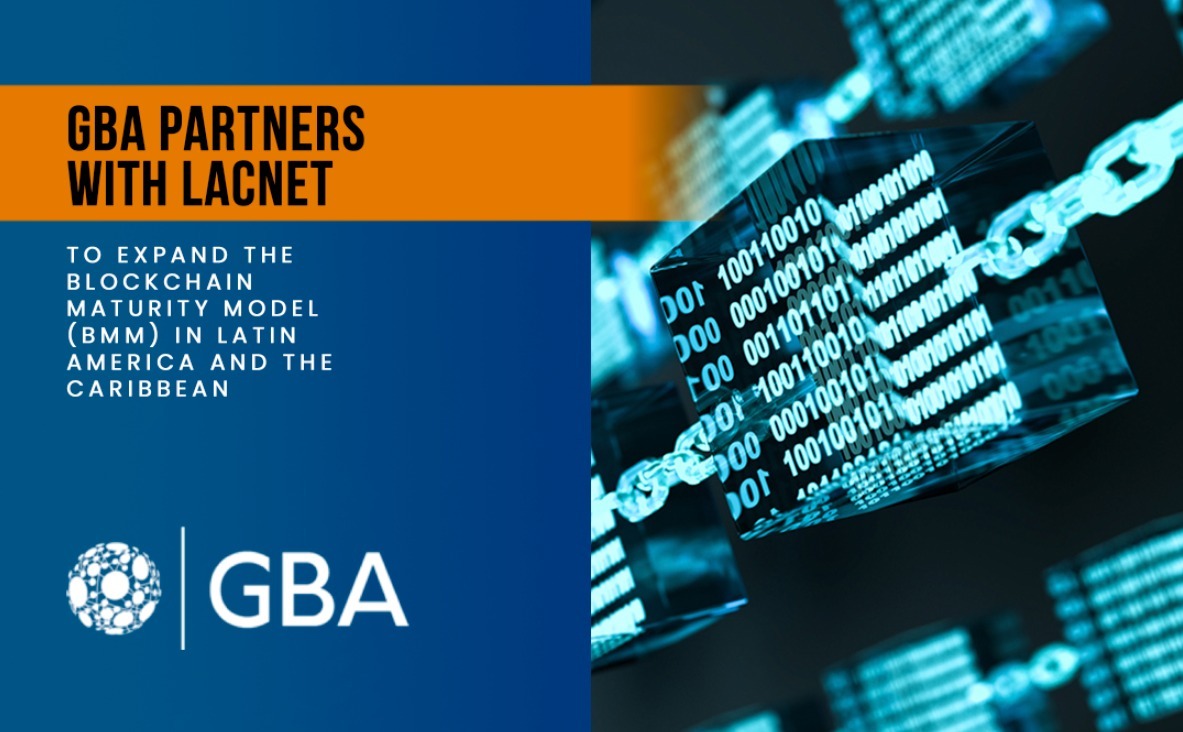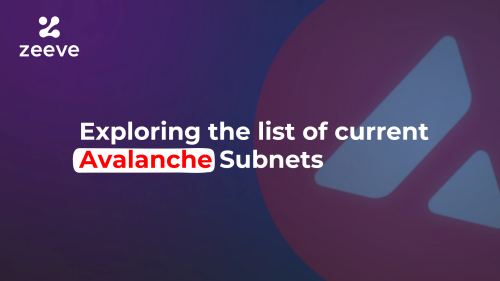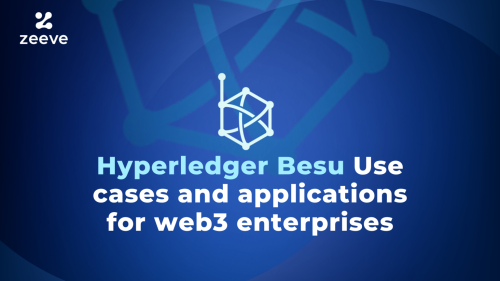GBA Partners with LACNET to Expand Blockchain Maturity Model (BMM) in Latin America and the Caribbean

Fairfax, VA, USA – November 18, 2024– The Government Blockchain Association (GBA), a leading nonprofit focused on blockchain technology standards, has officially announced its strategic partnership with LACNET, a prominent operator of blockchain networks in Latin America and the Caribbean. This partnership appoints LACNET as a GBA BMM Business Associate (BBA) to jointly promote the Blockchain Maturity Model (BMM) training and assessment services, aimed at accelerating blockchain adoption and assurance across the region.
The Blockchain Maturity Model (BMM) is a comprehensive framework that evaluates blockchain solutions on a maturity scale, enabling organizations to verify the effectiveness, security, and trustworthiness of their blockchain applications. The BMM is showcased by the *Dynamic Coalition on Blockchain Assurance & Standardization (DC-BAS).
Note: Dynamic Coalitions, which are recognized by the United Nations IGF Secretariat, function within the IGF framework and comply with the IGF principles and its code of conduct. However, the views and opinions expressed by Dynamic Coalitions do not necessarily reflect those of the United Nations Secretariat.
The BMM provides a robust and globally acknowledged standard for assessing blockchain solutions across industries. Through this agreement, both organizations will promote the BMM, and assessment services, covering both foundational requirements and industry-specific supplements.
LACNet has the support of the Inter-American Development Bank’s Innovation Lab through the global LACChain initiative, providing critical support to the region’s blockchain infrastructure. LACChain has established a regional blockchain ecosystem with guidelines and technical frameworks. LACNET, , is essential to ensuring that Latin America and the Caribbean have the infrastructure to support blockchain projects aligned with regional economic and social growth objectives. This layered partnership enhances projects in Latin America and the Caribbean through both organizations, which share the vision of developing blockchain solutions with increasingly higher standards of sophistication and maturity.
“We are thrilled to collaborate with LACNET to bring BMM assessments and training to Latin America and the Caribbean. This partnership is an important step toward global blockchain standardization and accountability, creating a framework for trustworthy blockchain solutions,” said Gerard Daché, Executive Director of the GBA.
About GBA BMM
The Government Blockchain Association (GBA) is a nonprofit organization committed to advancing blockchain technology standards, facilitating industry education, and ensuring a trusted, secure ecosystem for blockchain solutions. For more information, visit https://gbaglobal.org/blockchain-maturity-model
About LACNET
LACNet is a permissioned public blockchain network dedicated to providing transparency, security, and neutrality in the orchestration of blockchain projects. Founded within the framework of LACChain—an IDB Lab initiative led by the Inter-American Development Bank Group—LACNet enables governments, NGOs, businesses, startups, and consortia to deploy blockchain projects quickly and efficiently. With accessible solutions and no transaction costs, LACNet positions itself as the ideal choice for projects that need to scale in a secure and regulated environment.
Since its inception, LACNet has implemented over 137 blockchain solutions across 23 countries, benefiting more than 9.3 million people. The LACNet network is used across a wide range of industries, including finance, health, education, and sustainability, showcasing its versatility and capacity to drive innovation in diverse sectors. For more information, visit: https://lacnet.com.
For Further Information, Contact
Alejandro Mandujano, Director of Global Operations, GBA
Email: ale.mandujanor@gbaglobal.org
Moisés Galé, Partnership Manager, LACNET
Email: mgale@lacnet.com
* Dynamic Coalitions are open, multistakeholder and bottom-up initiatives, formed by individuals or organizations to coalesce around a set of Internet governance issues of common interest, identify specific policy problems and provide targeted solutions. Anyone interested is welcome to join and contribute to DC activities.
While Dynamic Coalitions operate autonomously outside of the IGF decision-making structures, Dynamic Coalitions, which are recognized by the IGF Secretariat, function within the IGF framework and comply with the IGF principles and its code of conduct.
Consequently, the views and opinions expressed by Dynamic Coalitions do not necessarily reflect those of the United Nations Secretariat. The designations and terminology employed may not conform to United Nations practice and do not imply the expression of any opinion whatsoever on the part of the Organization.





Responses